I’ve been a troubled sleeper for as long as I can recall. My earliest memories of insomnia are from childhood, starting around 10 years of age. My father typically worked swing shift, and I remember quite often being woken in the middle of the night when he’d come home from work.
My dad, not the quietest of people, would start shuffling around our small 1100 square foot home at 2am, and I’d wake up and rarely go back to sleep until the early hours of the morning. I once remember walking past our house on a school field trip to the library, and feeling so tired I was literally day dreaming about sneaking out of line so I could break into my house and take a nap.
Insomnia Through My 20’s
Throughout early adulthood, I struggled off and on but had learned to function off of 6 hours of sleep a night, often interrupted. After becoming pregnant, the raging hormones would keep me up for hours on end. Never having trouble falling asleep, I’d inevitably wake up in the middle of the night between 3-4 am, and would lay awake for hours until I finally gave in and got up, or occasionally would fall back asleep around 6 am, just when I should have been getting up to start the day. I recall one really hard night, 8 months pregnant and needing to function for work the next day, Art found me sitting on the bathroom floor sobbing “I just want to go to sleep.” After that my OB advised me to take Unisom and eat a string cheese when I was having a really bad night. It helped a little.
Insomnia Through My 30’s
In my thirties as I became a mom once, then twice, and eventually a third time, I experienced a good decade where I wasn’t continuously plagued by sleep issues. Of course the usual hormonal surges from pregnancy and middle of the night feedings were dark spots on the old sleep routine. But through a combination of pure exhaustion from sleep deprivation, taking up a more consistent exercise routine and eating a bit better, for the most part helped rid the middle of the night wakings that had plagued me for years.
You Guessed it…Insomnia in My 40’s
And then I turned 40 and it’s been crap ever since. That’s actually not completely true; I can definitely get quality sleep, but my body has become much more sensitive to hormonal shifts, and a lot less forgiving if I don’t follow a good routine and take care of myself.
My OB again has confirmed that this new go-around with sleep disturbances is pretty normal and due to the hormonal shifts women experience in their 40’s as the great progesterone drop begins. Fun stuff. Luckily my sleep issues have become pretty predictable and routine. For a week leading up to my period, I pretty much know my sleep will be interrupted. In fact it’s how I’m first alerted that my cycle is coming up. After a couple of bad nights of sleep, I’ll check my calendar and sure enough, I’m due to be visited! Falling asleep has never really been my issue, but staying asleep is. So I have learned to adjust my schedule and not expect too much from myself the week going into my cycle.
Passing Insomnia to My Daughter
While this post has mainly covered my sleep issues so far, I thought I’d share that Taylor, starting around the age of 12, also began having a lot of sleep issues; both falling asleep and staying asleep.
So often her and I will be plagued by insomnia on the same nights, which can be both comforting and frustrating. Many nights in the last year, her and I have been up together, praying for sleep, and so with that being said, these suggestions are applicable for any woman going through sleep issues, since they are methods I’ve tried and used on my 42 year old self, and my 13 year old daughter.
Finding Simple Ways to Sleep More
I have found over the years that the nights when I have a sleep disturbance, it’s usually because I haven’t taken care of myself the day(s) before. Because life and stuff happens, I don’t expect to sleep like a baby without a care in the world, but I have learned that I can act in meaningful ways to protect my sleep as much as possible, so today I thought I’d share some of the full-proof, and not so full-proof ways I’ve found to help me get a better nights sleep.
Sleep Hygiene
The reason I’ve listed this first is because it’s the most important thing you can do for yourself. Having a good bedtime routine is just as important as an adult as it is for babies and young children. Predictability and allowing yourself time to decompress after the ups and downs of the day is the first step to ensuring a good nights sleep.
My ideal routine starts around 9 pm with a cup of green tea, which contains the stress reducing amino acid l-theanine, and a few minutes to think about the day ahead. I jot down any important thoughts or things to do either in my planner or in the notes section of my phone, thereby releasing it from my mental stores for the day.
I wash my face & brush my teeth and tidy up around the house, aiming to physically be in bed by 10 pm. I read or watch TV for the next 30-45 minutes and typically fall asleep by 10:45. I notice that if I stay up past 11:00 pm, I guarantee myself an extra early waking, thus depriving myself of an extra sleep cycle.
I try to avoid my phone past 10 pm, but I’ve noticed that whether I look at it before bed or not, doesn’t have much bearing on how well I sleep.
Focusing on Controlling What I Can Control
Stress is one of the most common contributors to insomnia, so I’ve noticed that if I meet the issues plaguing me most head-on instead of avoiding them, or at least come up with a plan on how I can tackle them, I feel better and therefore sleep better.
Praying About (or meditating on) the Things I Can’t Control
Obviously there are the issues we have no control over, and for those I pray about. For years I actually avoided prayer because I didn’t feel like I was doing it right, which I know sounds silly but also know is very common. So now I say the Lord’s prayer and the Serenity prayer (which specifically asks for help in accepting the things I cannot change), a few other personal words and that’s it. For those who don’t pray, meditation, as well as meditation apps can be extremely helpful with overcoming sleep anxiety.
Eat a Small Snack
I never go to bed starving, so if I’ve had an early & light dinner, and find myself feeling hungry before bedtime, I don’t deprive myself and will often have a small snack. Also, this trick works for me if I wake hungry and/or anxious in the middle of the night. Something small like a string cheese and a few crackers, a handful of nuts and a few berries, or a spoonful of nut butter is actually quite helpful.
No Drinking Past 9ish & No Caffeine Past 3 pm
This applies to both alcohol and water haha! If I drink water past 9:30 or so, I can guarantee myself a couple of night wakings to use the bathroom, and if I drink alcoholic beverages past the same time, I have a fitful night of sleep.
I’ve only recently started cutting out caffeine past 3 pm and have noticed it helps. And if you find yourself continually hitting that afternoon slump, my #1 fail-proof way to avoid that dreaded slump is to drink plenty of water all day long.
Going To Bed Before 11pm
If I go to bed past 11pm, I am ensured a less restful night of sleep. As with babies, if I get over-tired and go to bed too late, I sleep less soundly.
Supplements & Sleeping Aids
Some help, some stop working, and others don’t help at all. In the last several years I have tried Unisom just once during my first pregnancy and didn’t find it at all helpful in staying asleep. Melatonin, which made me feel groggy but it has been very helpful for Taylor, who takes 5mg each night.
I’ve been taking Magnesium Citrate for years to help with digestive issues, but I recently began combining it with Taurine, as suggested by Lara Briden, and I think it has helped a bit! Taylor also takes it along with Vitamin D and it seems to have helped her sleep issues as well.
Calm PRT did help but it’s expensive, the powdered Calm that you add to water and drink didn’t help Taylor or myself, but I know it is very popular and benefits a lot of people.
We both have added Vitamin D & Vitamin B6 to our supplement routine, and while I can’t say whether it has helped with our sleep issues, I do know that they’re beneficial in other areas so we continue to take them.
And finally, I recently discovered Deep Sleep, which works really well but does not have long-lasting effects. I now take it when I’m desperate and it usually works for one night, but then when I try to take it 2 days in a row, it doesn’t seem to work.
I’ve also tried just about every essential oil said to help with sleep, and what I have found is that while adding it to our bedtime routine is a nice & relaxing practice, it is not a full-proof way to guarantee sound sleep.
After reading countless reviews on a variety of other products, the overwhelming consensus is that some products work great for some, but not for others. As with any medication or supplement, results can vary depending on each person’s unique makeup. There doesn’t seem to be some full-proof product that unanimously works for all, and so taking supplements is a big game of trial and error and human experimentation. This game can get frustrating and expensive, so for now I worry less about finding the perfect pill to cure what ails me, and just focus on the things I do know help; a good routine, eating right and exercising.
Stretching and Light Yoga
Due to my activity level and sciatic nerve pain, when I spend about 10 minutes before bed stretching and doing light yoga moves, my muscles and leg irritation due to sciatica bothers me less and I sleep better. Regardless of whether you have chronic pain or not, a bedtime yoga sequence can be extremely beneficial. Here are a few of my favorite bedtime poses.
 Lastly, Less Stressing and Forcing
Lastly, Less Stressing and Forcing
Now, when I wake and find myself unable to fall back asleep after 30 minutes, I get up. Usually I just go to my office where I have a comfortable couch, turn on a soft light and read. I actually fall back asleep faster this way, than when I try to lay in my own bed and force sleep. I make sure I settle in with a pillow and blanket and that I am close to the light switch so I don’t even have to get up when I feel myself getting drowsy. Even though I’ve fallen back asleep on the couch, I typically wake feeling more rested than if I had stayed laying in bed for 2 hours.
Another option that I often do *if* I don’t feel like getting out of bed for the rest of the night, is pop in my headphones and put on a podcast with a host that has a soothing voice. Francis Lam of The Splendid Table or the Unbelievable podcast, with the host’s calming British voice, are both good options and I often drift off and wake an hour later missing half of the podcast, but at least I’ve gotten some sleep! I also recommend Taylor do the same when she is having trouble sleeping. With her especially, laying in bed not falling asleep makes her extremely anxious, and she winds up in a vicious cycle that has at times kept her up till 2 am. I not only allow but encourage her to turn on her bedside light and read, or get up and grab a light snack.
Along with all this advice, it should go without saying that eating a balanced diet, drinking plenty of water throughout the day and regular exercise, is all extremely helpful as well. When we first started noticing sleeping issues with Taylor, one of her pediatrician’s first responses was to inquire how she was eating and her first piece of advice was for her to get at least 30-60 minutes of outside activity/exercise a day.
But for those of us you who do all this, but still suffer, I hope some of these bits of advice are helpful to you in your quest for a better nights sleep. Please let me know if you have any questions or any suggestions to add to the conversation. I would love to hear them!

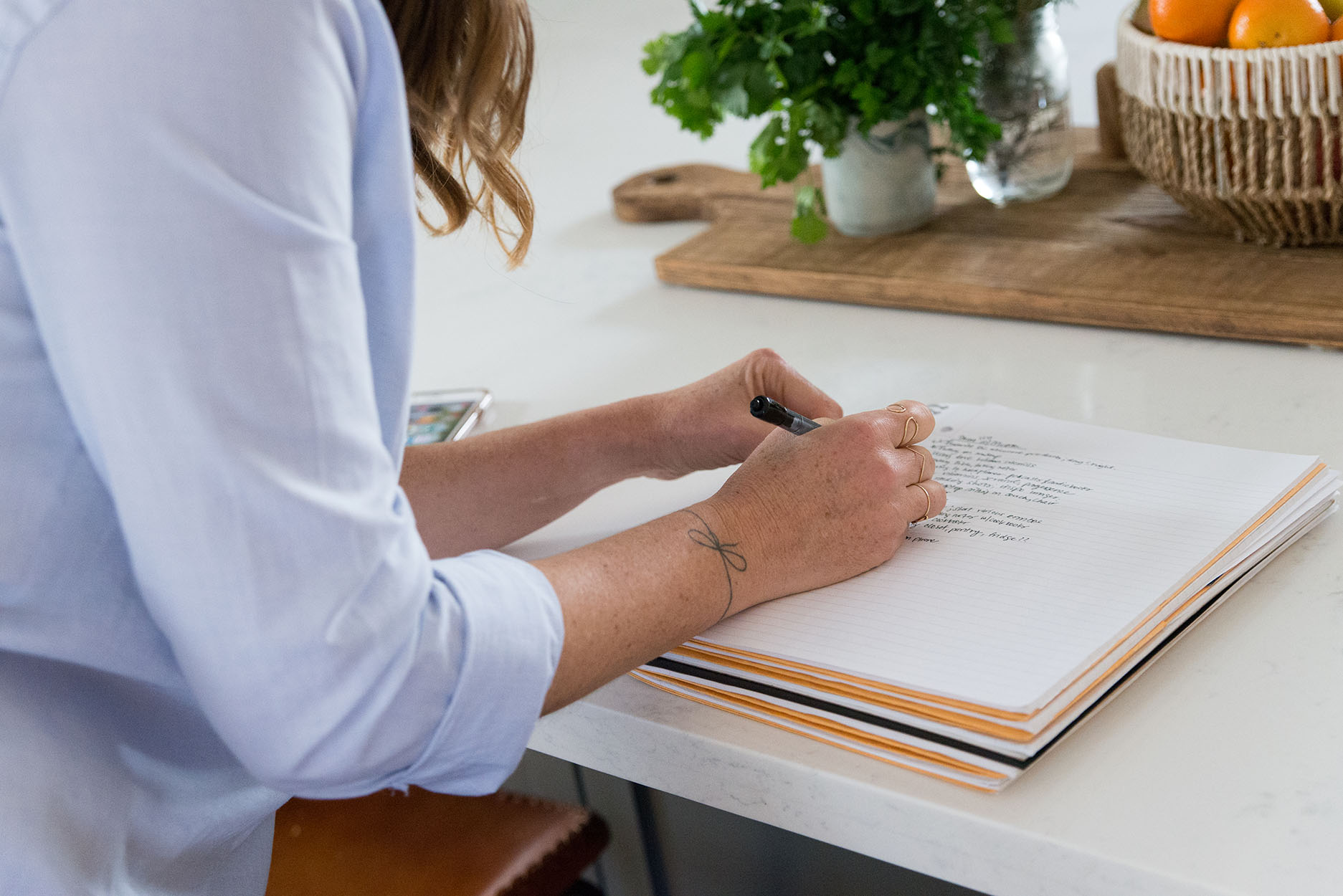
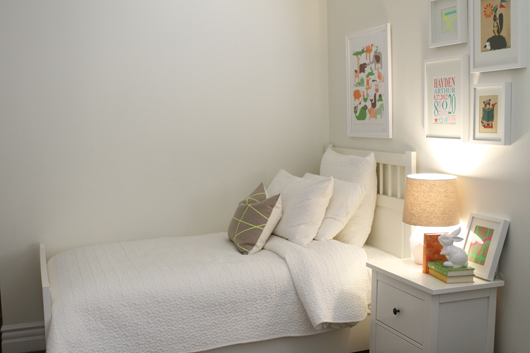
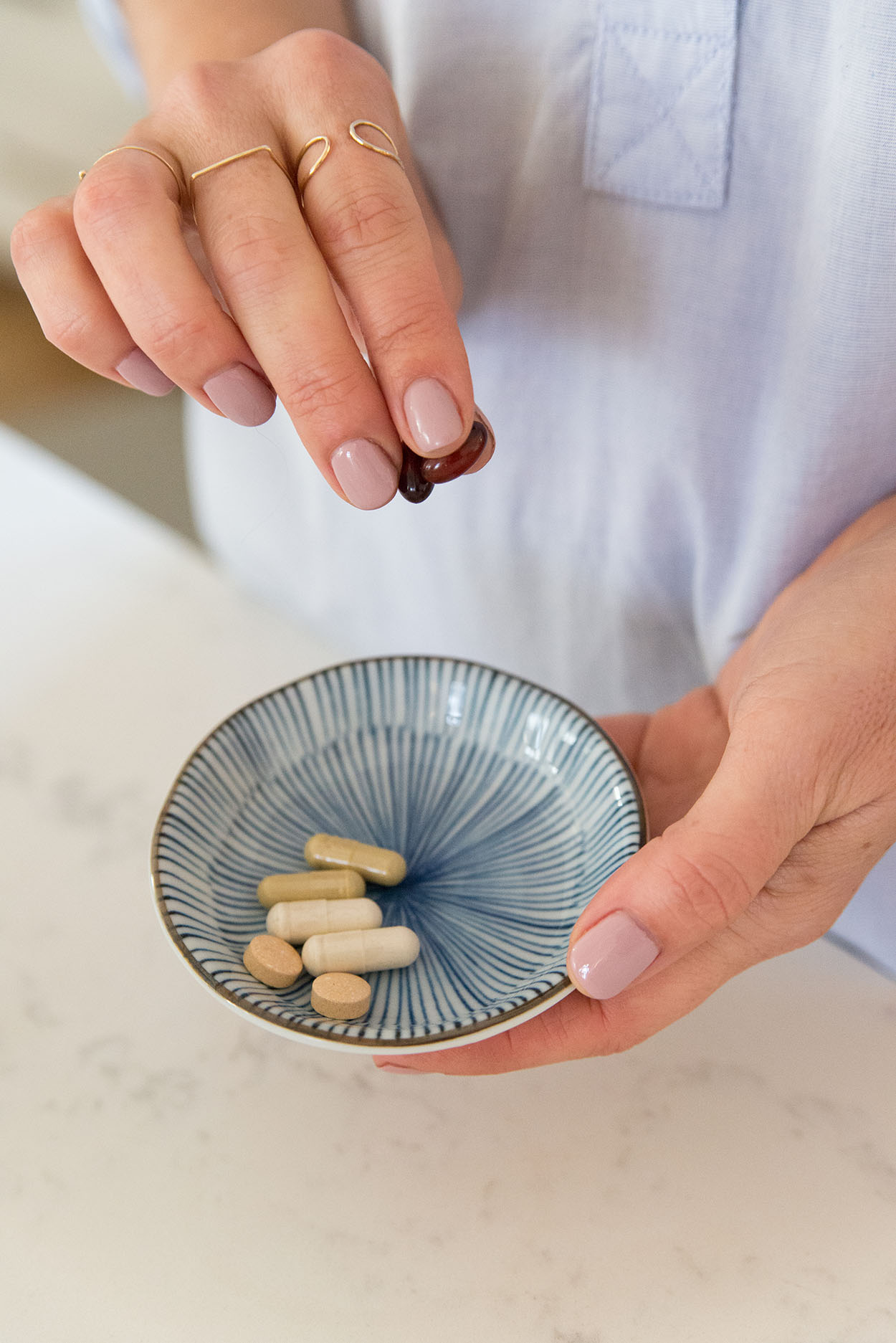
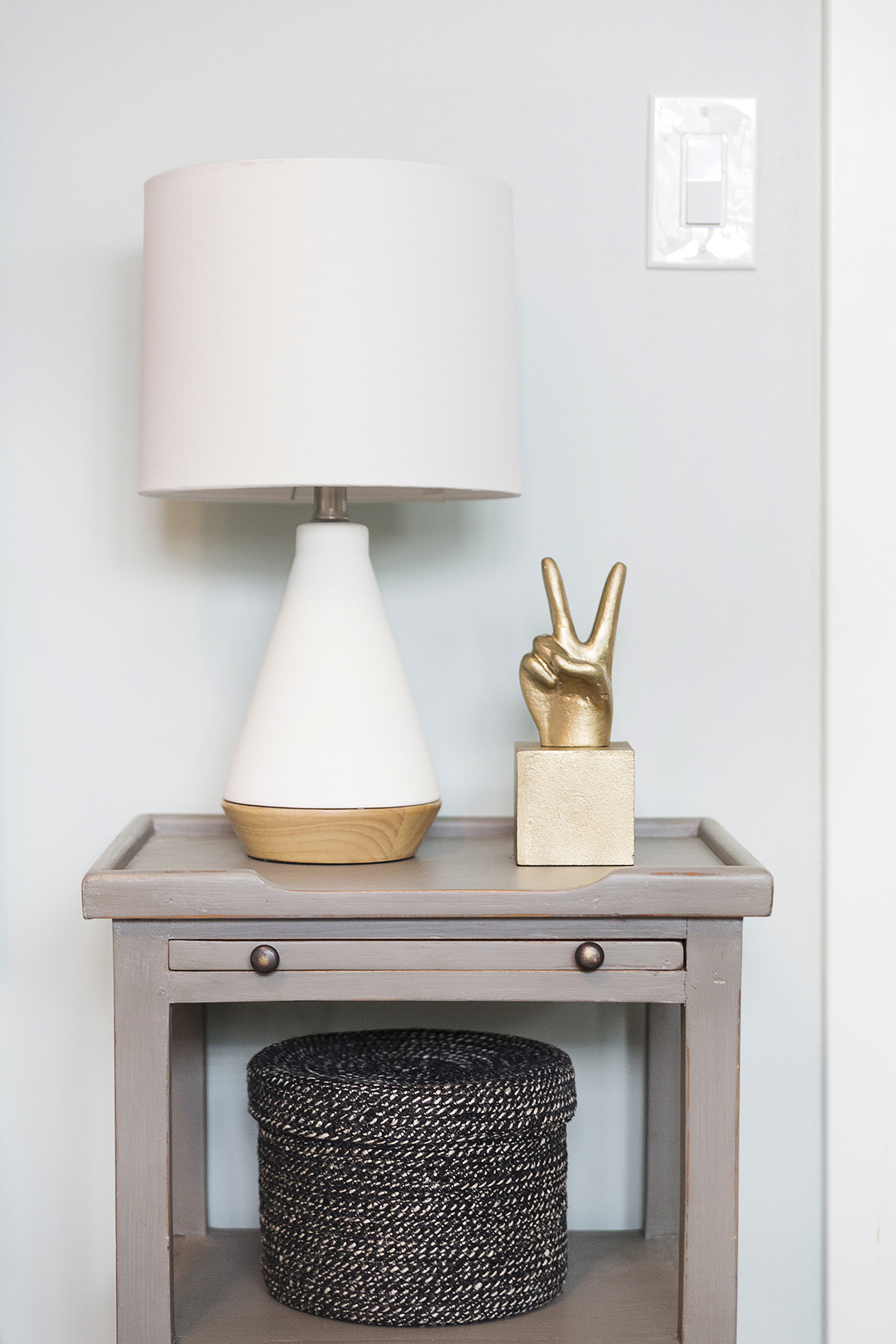 Lastly, Less Stressing and Forcing
Lastly, Less Stressing and Forcing


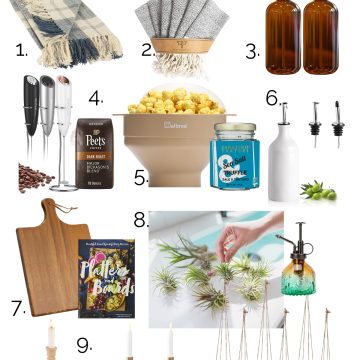
Leave a Comment